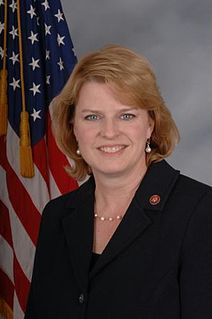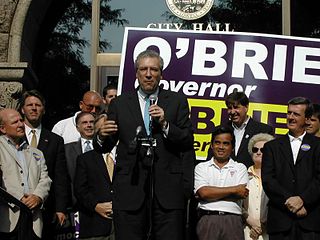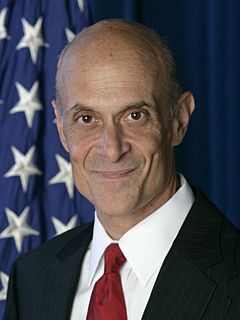A Quote by Dan Lipinski
In the Gulf region and nationwide, small businesses are an integral and crucial part of local economies and communities. They should not be overlooked.
Related Quotes
2009 was a tough year, but Australia rose to the challenge of the global financial crisis. It shows what can be done when we all join together and work together, governments of all persuasions state, territory and local; businesses large and small; unions and local communities right across the nation.
SNAP benefits help local economies because the benefits are spent at local grocery stores - with locally grown and locally-made products. I remember many years ago, while on food stamps, I advocated for the benefits to be spent at local farmers markets - a move that has helped local economies even more.
The retail real estate industry is an integral part of building communities, fueling economies and inspiring innovation. Shopping centers and malls always have been a central gathering place for the community. They help to create and anchor vibrant civic spaces, providing an essential public place between work and home and a dynamic marketplace for commerce.
By fostering the economic health and vitality of local communities throughout the country, community banks play a central role in our national economy. One important aspect of that role is to serve as a primary source of credit for the small businesses that are responsible for creating a substantial proportion of all new jobs.
We should not be living in human communities that enclose tiny preserved ecosystems within them. Human communities should be maintained in small population enclaves within linked wilderness ecosystems. No human community should be larger than 20,000 people and separated from other communities by wilderness areas. Communication systems can link the communities.
Anybody interested in solving, rather than profiting from, the problems of food production and distribution will see that in the long run the safest food supply is a local food supply, not a supply that is dependent on a global economy. Nations and regions within nations must be left free and should be encouraged to develop the local food economies that best suit local needs and local conditions.


































